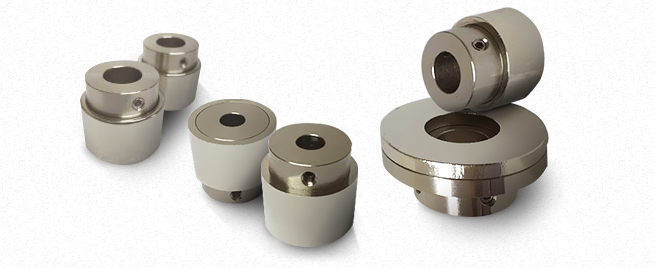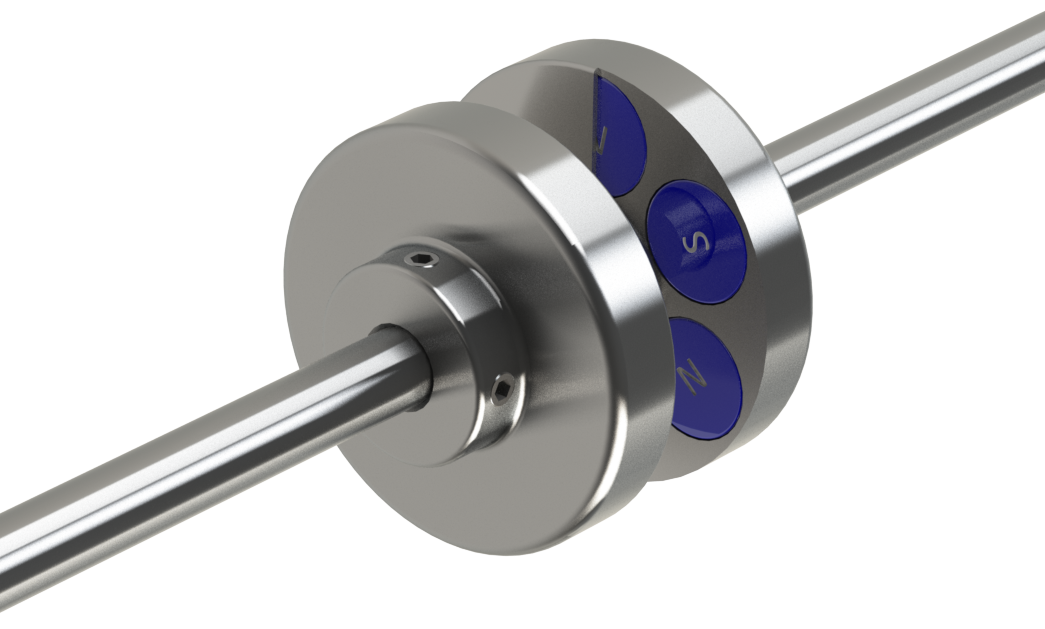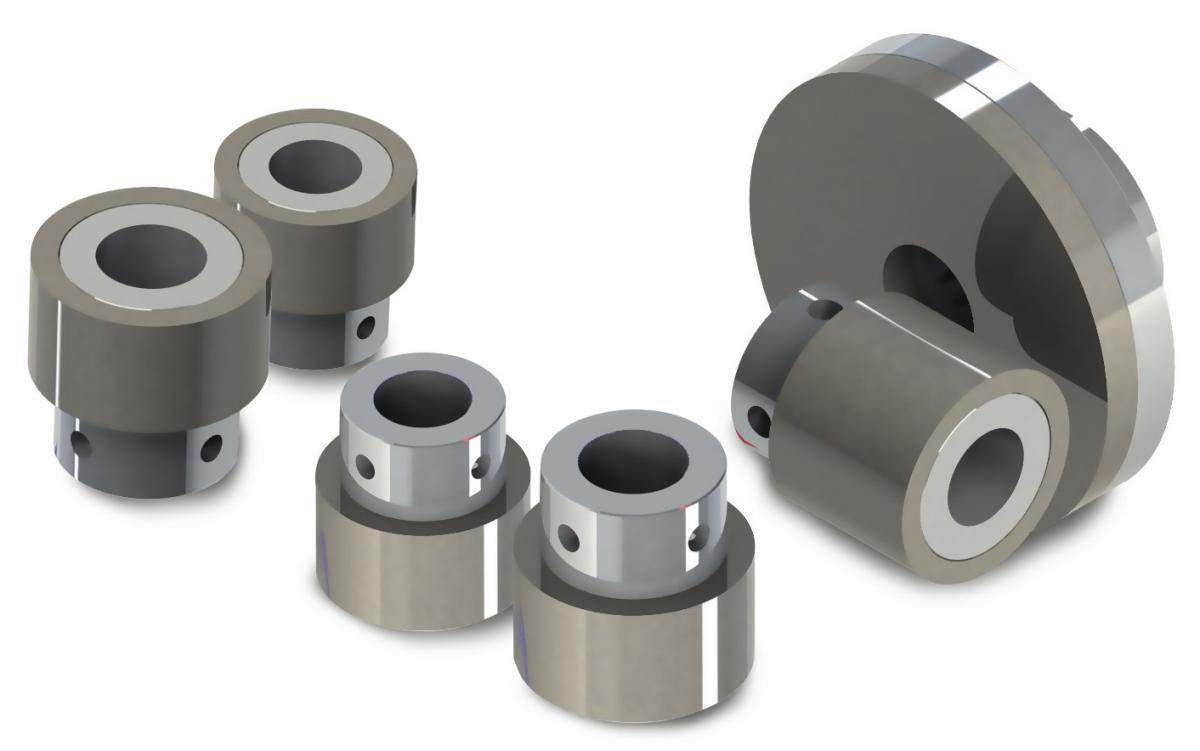Product Description
1.Features:
1) All kinds of forged parts
2) Standards: ASTM, ASME, AISI, API, UNI, DIN, SIS and EURONORM
3) Materials:Carbon Steel, Stainless Steel,Alloy Steel
4) Size: Special designs are available. Making according to clients’ demand
5)Heat Treatment: N + T (Normalizing + Tempering)
6) Certification: ISO9001: 2000
2.Our factory :has ability to make out dimensions less than 2, 000mm, per piece less than 15MT, including forgings, forged hardening, machinery cutting, rough cutting, and tempering.We welcome your samples and drawings
3.Company Information:
1.ISO 9001:2008 certificate,15 years experienc.
2.High qualified material,low MOQ,excellent quality,competitive prices,professional advice
3.Standard and non standard are all acceptable
4.OEM available
5.Stronger loading capacity, Larger radial and axial force bearing ability
6.Independent R&D team
7.Strict quality control management
8.Exquisite technological standard
9.Sufficient stock
10.Excellent after sales service
HangZhou CHINAMFG Machinery Co.,Ltd is 1 famous company in China which specialized in various metal casting products with over 10 years experience located in HangZhou China.It covers a comprehensive range of forging, stamping, sand casting, investment casting, die casting and machining and was widely used in Agriculture machinery, Motor Vehicle, Architecture,Railway and Engineering
As a professional company, CHINAMFG have 4 groups of experienced teams to be in charge of different work:
Project team-customer service
Engineering team-provide R&D and technical support
QC team-productive process control and incoming parts inspection
Warehouse team-warehouse management and logistic service
| Material | QT500-7,Grey iron,ductile iron,malleable iron,stainless steel, carbon steel,aluminium,brass etc. |
| standard | DIN, ASTM, BS, JIS etc. |
| process | sand casting,resin bonded casting, investment casting(lost wax casting), die casting, pressing & forging. |
| Weight range | 0.5-80kg |
| Surface treatment | painting, polishing, heat treatment, plaining or galvanization etc.
|
| Machining | complete machining such as Machining center, CNC, Lathe, Milling machine,drilling etc.
|
| Size and design | As per the customer’s drawings and requirements |
| As per the customer’s samples | |
| Packing | Wooden cases,steel cases,cartons |
| As per customers’ requirements | |
| Inspection | Foundry in-house |
| Third Party inspection available CHINAMFG customers requirements |
/* January 22, 2571 19:08:37 */!function(){function s(e,r){var a,o={};try{e&&e.split(“,”).forEach(function(e,t){e&&(a=e.match(/(.*?):(.*)$/))&&1

Torque and Speed Limitations of Magnetic Couplings for Different Sizes and Applications
The torque and speed limitations of magnetic couplings depend on various factors, including the size of the coupling and the specific application requirements. Here’s a general overview of these limitations:
- Torque Limitations:
The torque capacity of a magnetic coupling is influenced by the strength of the magnets used, the size of the coupling, and the materials chosen for the rotor and containment shell. Larger magnetic couplings with stronger magnets and robust materials can handle higher torque requirements.
- Size and Application:
The size of the magnetic coupling plays a crucial role in determining its torque capacity. Smaller couplings are typically used in low-torque applications, such as laboratory equipment or small pumps. In contrast, larger couplings can handle higher torque demands, making them suitable for industrial-scale pumps and agitators.
- Speed Limitations:
The maximum speed at which a magnetic coupling can operate depends on several factors, including the rotational speed of the driving and driven shafts and the design of the coupling. High-speed applications, such as centrifugal pumps, require magnetic couplings designed to minimize eddy current losses and ensure stable performance at elevated speeds.
- Specialized Applications:
Some magnetic couplings are specifically designed for high-speed or high-torque applications, such as in large industrial pumps or agitators. These specialized couplings are engineered with materials and construction techniques to optimize performance under demanding conditions.
- Customization Options:
Manufacturers of magnetic couplings may offer customization options to tailor the torque and speed ratings to the specific needs of the application. This can involve selecting different magnet configurations, materials, and overall design adjustments to achieve the desired performance characteristics.
It is essential to consult with the coupling manufacturer or a qualified engineer to determine the appropriate magnetic coupling size, torque, and speed ratings for a specific application. Factors such as the fluid properties, load requirements, and environmental conditions should be taken into account to ensure the coupling’s optimal performance and reliability.

Can Magnetic Couplings Be Retrofitted into Existing Systems to Enhance Performance?
Yes, magnetic couplings can be retrofitted into existing systems to enhance performance, efficiency, and reliability. Retrofitting magnetic couplings offers several benefits and is a practical solution for upgrading older systems or replacing traditional mechanical couplings with more advanced technology. Here’s how magnetic couplings can enhance the performance of existing systems:
- Improved Efficiency:
Magnetic couplings operate without direct physical contact, which reduces friction losses and improves overall system efficiency. By retrofitting a magnetic coupling, the system can experience lower energy consumption and increased power transmission efficiency.
- Elimination of Mechanical Wear:
Traditional mechanical couplings with sliding or rolling elements are prone to wear and require regular maintenance and replacement. Magnetic couplings, on the other hand, do not have any physical contact between components, eliminating the need for lubrication and reducing mechanical wear. Retrofitting with a magnetic coupling can extend the system’s lifespan and reduce maintenance costs.
- Hermetic Sealing:
Magnetic couplings offer hermetic sealing capabilities, preventing fluid leakage and contamination. By retrofitting a magnetic coupling, the system can achieve a leak-free operation, making it suitable for applications in industries such as chemical processing, pharmaceuticals, and food and beverage.
- Compatibility:
Magnetic couplings can be designed to be compatible with various systems and applications. Manufacturers offer a range of sizes and configurations to suit different retrofitting needs. Customized magnetic couplings can be engineered to match the existing system’s requirements without major modifications.
- Tolerance to Misalignment:
Magnetic couplings can accommodate a certain degree of misalignment between the driving and driven components. This misalignment tolerance can be advantageous when retrofitting into systems where precise alignment may be challenging to achieve.
- Overload Protection:
Some magnetic couplings come with built-in overload protection features. Retrofitting with such couplings can add an additional layer of safety to the system, preventing damage in case of sudden overloads or excessive torque.
When retrofitting magnetic couplings into existing systems, it is essential to work with experienced engineers or manufacturers to ensure proper sizing, alignment, and integration. Conducting a thorough evaluation of the system’s requirements and the benefits of the retrofit will help determine the best magnetic coupling solution for enhancing the performance and longevity of the existing setup.

How to Select the Right Magnetic Coupling for Specific Fluid Handling Systems
Selecting the right magnetic coupling for fluid handling systems requires careful consideration of various factors to ensure optimal performance and reliability. Here are the key steps to help you make the right choice:
- Fluid Properties:
Understand the properties of the fluid being handled, including its viscosity, temperature, and corrosiveness. High-viscosity fluids may require magnetic couplings with stronger torque capabilities, while corrosive fluids may necessitate materials with excellent chemical resistance, such as stainless steel or specialized coatings.
- Flow Rate and Pressure:
Assess the required flow rate and system pressure. Magnetic couplings must be capable of transmitting the necessary torque to handle the fluid flow at the desired pressure levels. High-pressure systems may require magnetic couplings with enhanced strength and reliability.
- Misalignment Compensation:
Consider the potential misalignment between the motor and pump shafts. Magnetic couplings are known for their ability to accommodate misalignment to some extent. Assess the expected misalignment in your fluid handling system and choose a coupling with appropriate flexibility to compensate for it.
- Sealing Requirements:
Examine the sealing requirements of the fluid handling system. Magnetic couplings can provide hermetic sealing, preventing fluid leakage or contamination in critical applications. Ensure that the chosen coupling offers the necessary level of sealing to suit your system’s needs.
- Torque and Speed Ratings:
Check the torque and speed ratings of the magnetic coupling. Ensure that the selected coupling can handle the required torque and speed for your fluid handling application. High-speed pumps may require magnetic couplings specifically designed to minimize eddy current losses.
- Environmental Conditions:
Consider the environmental conditions in which the magnetic coupling will operate. Factors such as temperature extremes, humidity, and exposure to harsh chemicals can impact the coupling’s performance and lifespan. Choose a coupling that is designed to withstand the specific environmental challenges.
- System Integration:
Ensure that the magnetic coupling can be easily integrated into your fluid handling system. Consider factors such as coupling dimensions, mounting options, and alignment procedures. A well-integrated coupling will simplify installation and maintenance processes.
- Manufacturer Reputation:
Work with reputable manufacturers with a proven track record in producing high-quality magnetic couplings for fluid handling systems. Check for certifications and industry compliance to ensure the coupling meets required standards.
By carefully evaluating these factors and selecting a magnetic coupling that aligns with the specific fluid handling system requirements, you can ensure reliable and efficient operation while minimizing the risk of downtime and maintenance issues.


editor by CX 2024-02-28